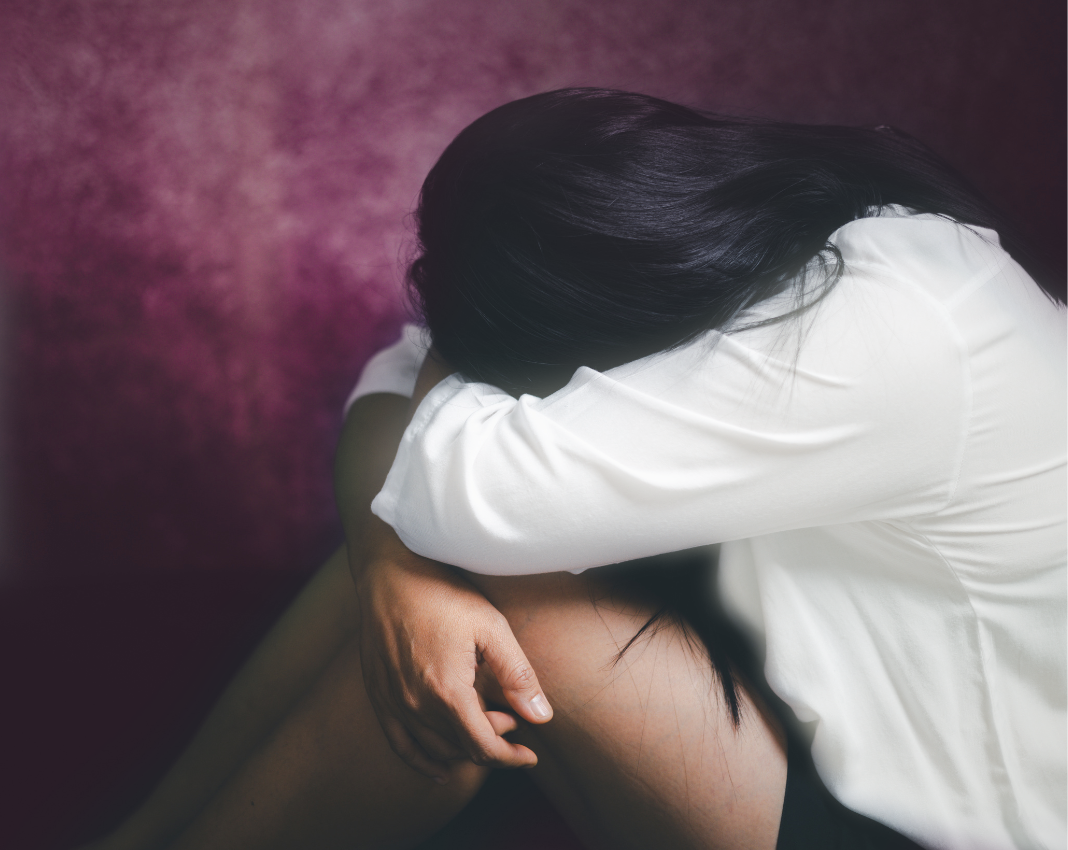If you or a loved one experienced abuse in a California juvenile detention center, you’re not alone—and you have options. SurvivorsJustice.org is committed to shedding light on the harsh realities inside these facilities and empowering survivors with clear, compassionate answers.
We can help answer your questions and connect you with an attorney if you may have a case.
This FAQ page addresses the most pressing questions about your legal rights, available resources, and the steps you can take to pursue justice. Your voice matters. Let this be the starting point toward healing and holding those responsible accountable.
A: You can connect with attorneys in California who focus on representing individuals impacted by juvenile hall abuse. These attorneys have in-depth knowledge of facilities such as Barry J. Nidorf and possess the experience required to guide survivors through the complexities of California law and their legal rights.
A: If your child has experienced abuse at Barry J. Nidorf, you may pursue civil legal actions against responsible individuals and potentially the institution itself for negligence or violations of your child's rights. Recent changes in California law give survivors more time to speak out—acknowledging that healing takes time and justice shouldn't be rushed.
A: Recent California legislation, particularly AB 218 and AB 452, significantly extends the window for survivors to file sexual abuse claims.[1,[2] Survivors can now file claims until age 40 or within five years of discovering the abuse, providing additional avenues for pursuing accountability and justice.
A: Potential signs of abuse include emotional changes such as anxiety, depression, or withdrawal; unexplained physical injuries; behavioral issues like sudden aggression or fear; trouble sleeping or recurring nightmares; and discomfort or avoidance when discussing their detention experiences or certain staff members.
A: Attorneys provide critical support by thoroughly investigating abuse claims, navigating complex legal procedures, filing appropriate lawsuits, negotiating fair compensation, and advocating for meaningful reforms in juvenile institutions to prevent future abuse.
A: Survivors of abuse in San Diego juvenile detention centers have the right to pursue civil lawsuits against responsible parties.[3] Recent California laws enhance survivors' rights, enabling stronger actions against abusers and institutions for accountability and change.
A: You can locate experienced lawyers in San Diego who specialize in juvenile detention abuse cases. These attorneys understand local facilities, recent litigation outcomes, and will guide you step-by-step through the legal process to pursue justice and accountability.
A: Indicators of potential abuse include noticeable shifts in mood, emotional distress, withdrawal from social interactions, difficulties sleeping, unexplained injuries, and a noticeable fear or anxiety around particular staff or topicsrelated to their detention.
A: Recent legal actions have brought to light systemic issues in San Diego's juvenile detention centers, encouraging heightened oversight, stronger institutional policies, improved staff training, and enhanced reporting protocols designed to protect young detainees from future abuse.
A: In San Diego, survivors don't have to face healing alone. Local nonprofits offer safe spaces for counseling, crisis support, and community—so those affected can begin to rebuild, with people who truly understand by their side.
A: Compassionate attorneys in Los Angeles specialize in juvenile hall abuse cases, offering empathetic, respectful, and dedicated legal support to survivors and their families. These attorneys are committed to guiding you with care through every stage of the legal process.
A: A good defense attorney will take the time to understand the full story—looking at what happened, the people involved, and the bigger picture—to build a defense that truly fits the young person's situation.
A: In Los Angeles, juvenile courts emphasize both accountability and rehabilitation. The system strives to ensure justice for victims while providing accused juveniles with opportunities for healing, education, and positive change.
A: If your child has been wrongly accused, reaching out to a defense attorney as soon as possible can make all the difference. The right support early on can help protect their rights and guide your family through what can feel like an overwhelming situation. They will protect your child's rights by thoroughly reviewing the case, challenging any false claims or inaccuracies, and advocating strongly on your child's behalf throughout the process.
A: Yes, there are caring attorneys in Los Angeles who help people who were hurt in places meant to protect them—like schools, churches, sports teams, foster homes, or community programs. These lawyers understand how difficult these situations can be and work closely with survivors to make sure their voices are heard and justice is pursued.
Being assaulted by a Lyft driver is not your fault. You deserve answers. You deserve advocacy. And most of all—you deserve justice.
Let us help you move forward.
Contact Survivors Justice now for your free, private consultation.
